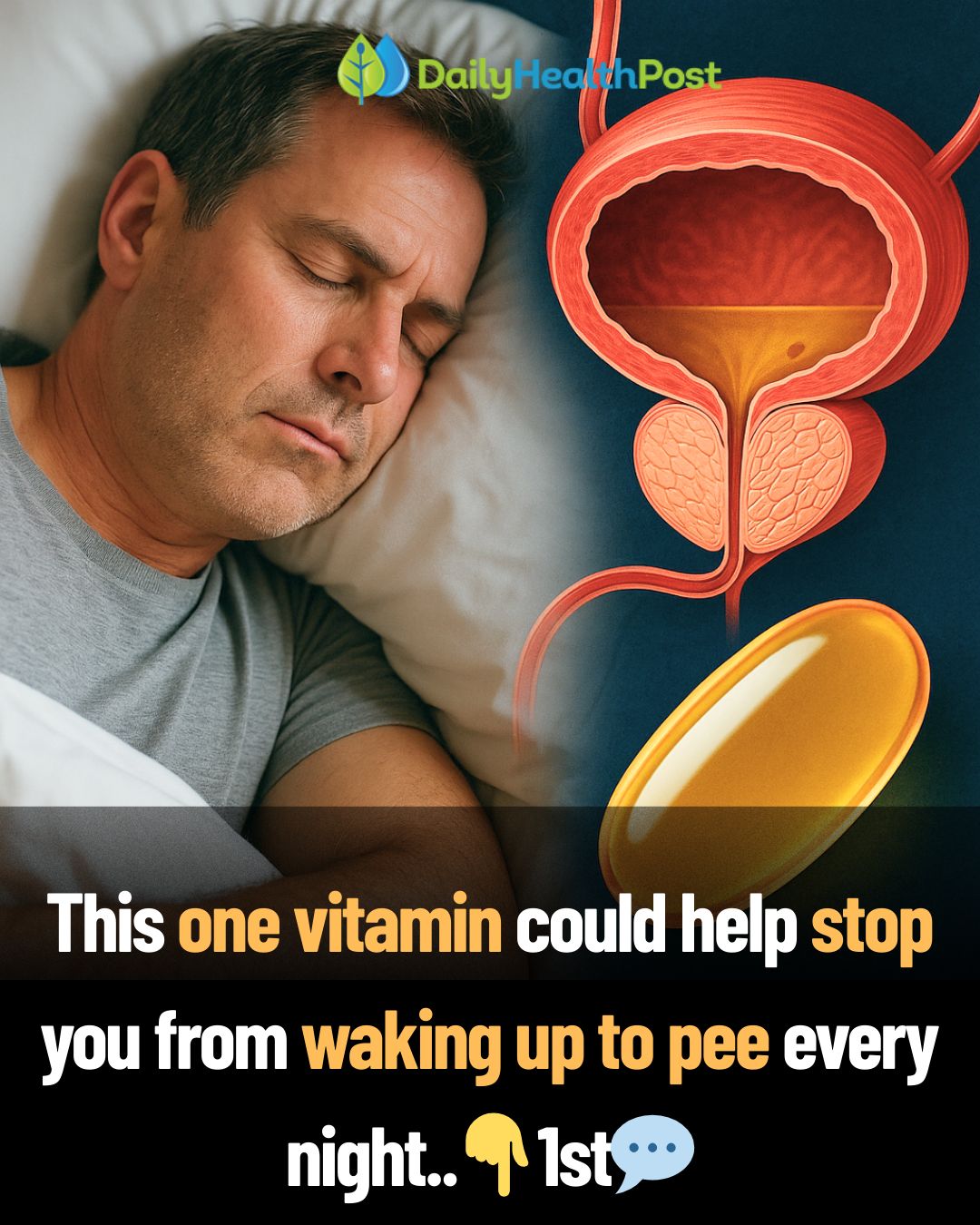The Risk of Falls: First and most obviously, there’s the risk of falling in the dark. When you’re half-asleep, your balance is poor, and the path to the bathroom can become an obstacle course. A fall at 70 is not the same as a fall at 30. A hip fracture can be the beginning of an unstoppable physical decline, leading to a loss of independence and a cascade of other health issues.
The Toll on Your Brain: Deep sleep isn’t a luxury; it’s your brain’s essential cleaning service. During this phase, your brain actively clears out waste toxins that accumulate during the day, such as the beta-amyloid protein associated with Alzheimer’s disease. When your sleep is fragmented night after night, this cleaning process is incomplete. The short-term result is brain fog and poor memory. In the long term, you face an increased risk of developing neurodegenerative diseases.
The Strain on Your Heart: Every time you wake up abruptly, your body releases stress hormones like cortisol and adrenaline. Your blood pressure and heart rate spike. Subjecting your cardiovascular system to this constant stress is directly linked to a higher risk of hypertension, heart attacks, and other serious cardiac problems. Your heart needs the restorative rest of uninterrupted sleep to function optimally.
The Emotional Cost: Chronic fatigue sucks the joy out of life. It can make you feel apathetic, irritable, and anxious. You stop feeling like yourself and become a gray, exhausted version of who you used to be. Your relationships, hobbies, and overall sense of well-being suffer when you’re constantly running on empty.
2. Why Does This Happen? The Real Culprits
To fix the problem, you have to understand why it’s happening. While aging plays a role, it’s not the whole story. Here are the primary factors that contribute to nocturia.
Prostate Health (For Men): If you are a man over 50, your first step should be to get your prostate checked. An enlarged prostate can press on the bladder and urethra, causing frequent urination. This is a medical issue that your doctor can help you manage effectively.
The Decline of a Key Hormone: Your body produces a hormone called antidiuretic hormone (ADH). Think of ADH as the night shift manager for your kidneys, telling them to slow down urine production so you can rest. As you age, your body naturally produces less ADH. This “manager” becomes less effective, and your kidneys continue producing urine at a daytime pace, filling your bladder while you’re trying to sleep.
The Hidden Fluid Shift: This is a cause almost no one talks about. If you spend a lot of time on your feet during the day and notice that your ankles or lower legs swell, that fluid doesn’t just magically disappear. The moment you lie down, gravity’s effect ceases. All that accumulated fluid returns to your bloodstream, gets filtered by your kidneys, and goes straight to your bladder, triggering an urgent need to urinate a few hours after you go to bed.
The Surprising Role of Vitamin D: Your bladder isn’t just a passive storage bag. Its wall is made of a powerful muscle called the detrusor muscle. The cells of this muscle have a high number of Vitamin D receptors. Research shows that people with a Vitamin D deficiency experience more urinary symptoms, including urgency, leakage, and incomplete emptying. Correcting a Vitamin D deficiency is a fundamental step in strengthening your bladder and improving its function.
3. Debunking 3 Common Myths That Make Nocturia Worse
Before we get to the action plan, we need to clear up some common misconceptions that are likely making your problem worse.
